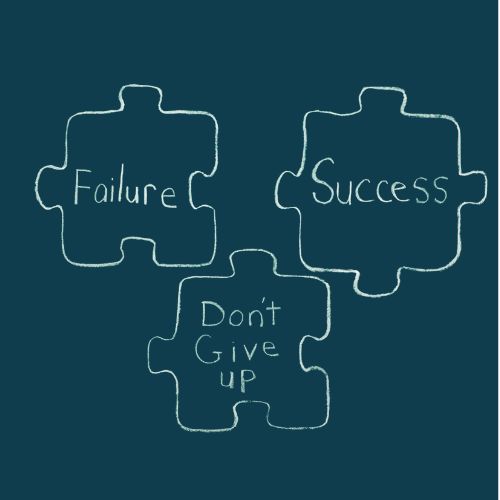
How to Start Your Weight Loss Journey: A Step-by-Step Guide
Embarking on a weight loss journey can be a transformative and empowering experience. However, it can also feel overwhelming, especially with the abundance of information available. This guide breaks down the essential steps to help you start your weight loss journey effectively, ensuring it is sustainable and tailored to your needs.
1. Set Clear, Achievable Goals
The first step in your weight loss journey is to establish clear, realistic goals. Here’s how to do it:
- Define Your Objectives: Determine how much weight you want to lose and set a timeframe. For example, aim to lose 1-2 pounds per week, which is considered a healthy rate.
- Use SMART Criteria: Ensure your goals are Specific, Measurable, Achievable, Relevant, and Time-bound. Instead of saying, “I want to lose weight,” try, “I want to lose 10 pounds in the next two months.”
- Break It Down: Divide your long-term goal into smaller, manageable milestones. Celebrate these milestones to keep yourself motivated.
2. Assess Your Current Lifestyle
Understanding your current habits is essential for making effective changes. Follow these steps:
- Keep a Food Diary: Track what you eat for a week, including portion sizes. This will help you identify patterns and areas for improvement.
- Evaluate Your Activity Level: Take note of your daily physical activity. Assess how much time you spend sitting versus moving throughout the day.
- Identify Triggers: Recognize emotional or situational triggers that lead to unhealthy eating. Awareness is key to making lasting changes.
3. Create a Balanced Meal Plan
Nutrition plays a crucial role in weight loss. Here’s how to develop a meal plan:
- Focus on Whole Foods: Emphasize fruits, vegetables, whole grains, lean proteins, and healthy fats. These foods are nutrient-dense and can help you feel full longer.
- Control Portions: Be mindful of portion sizes. Use smaller plates, bowls, and measuring cups to avoid overeating.
- Plan Ahead: Prepare meals in advance to prevent last-minute unhealthy choices. Consider meal prepping for the week to simplify your routine.
- Stay Hydrated: Drink plenty of water throughout the day. Sometimes, our bodies confuse thirst with hunger, leading to unnecessary snacking.
4. Incorporate Regular Physical Activity
Physical activity is vital for weight loss and overall health. Here are some tips for getting started:
- Choose Activities You Enjoy: Engage in exercises you find enjoyable, whether it’s walking, cycling, swimming, or dancing. This increases the likelihood that you’ll stick with it.
- Aim for Consistency: Start with at least 150 minutes of moderate-intensity aerobic activity each week, as recommended by health guidelines. Gradually increase this as you build endurance.
- Include Strength Training: Incorporate strength training exercises at least twice a week. Building muscle can boost your metabolism and support weight loss.
- Make It a Habit: Schedule your workouts like appointments to prioritize them in your day.
5. Track Your Progress
Monitoring your progress can help keep you accountable and motivated. Consider the following strategies:
- Use a Journal or App: Document your food intake, exercise, and weight changes in a journal or a smartphone app. This will help you identify trends and make necessary adjustments.
- Weigh Yourself Regularly: Weigh yourself weekly at the same time and under the same conditions. Remember that fluctuations are normal, so focus on long-term trends rather than daily changes.
- Celebrate Non-Scale Victories: Acknowledge achievements beyond the scale, such as improved energy levels, increased strength, or fitting into clothes more comfortably.
6. Stay Motivated and Overcome Challenges
Maintaining motivation is crucial for a successful weight loss journey. Here’s how to stay on track:
- Find a Support System: Share your goals with friends, family, or a support group. Having a support system can provide encouragement and accountability.
- Be Kind to Yourself: Understand that setbacks may occur. If you slip up, don’t be too hard on yourself. Reflect on what happened and recommit to your goals.
- Stay Flexible: Be willing to adjust your plan as needed. Life can be unpredictable, so finding ways to adapt will help you stay on track.
7. Consult with Professionals
If you’re feeling uncertain about where to start or have specific health concerns, consider seeking guidance from professionals:
- Registered Dietitian: A dietitian can help create a personalized meal plan that suits your preferences and nutritional needs.
- Personal Trainer: A trainer can design an exercise program tailored to your goals and fitness level, ensuring you use proper form and technique.
- Healthcare Provider: Before starting any new diet or exercise program, consult with your healthcare provider, especially if you have pre-existing health conditions.






